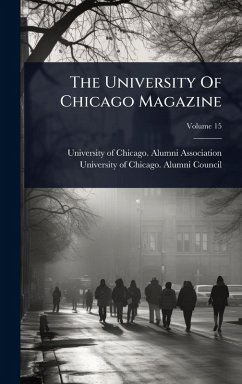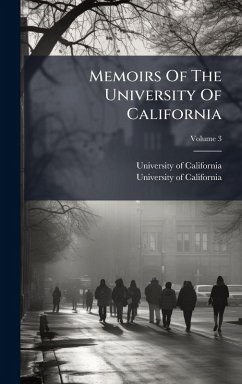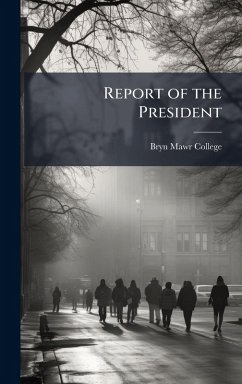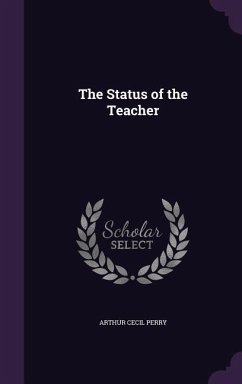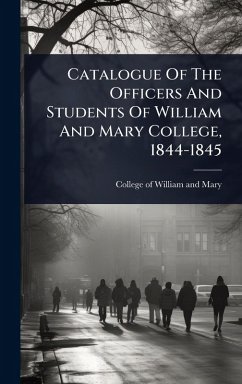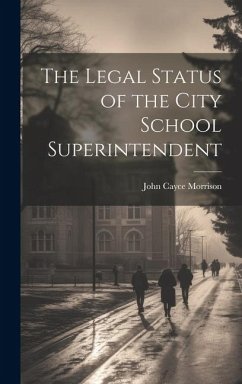
Present Status of the Elective System in American Colleges
Versandkostenfrei!
Versandfertig in über 4 Wochen
25,99 €
inkl. MwSt.
Weitere Ausgaben:

PAYBACK Punkte
13 °P sammeln!
"Present Status of the Elective System in American Colleges" offers a snapshot of higher education at the close of the 19th century. This work examines the implementation and impact of the elective system, allowing students to choose courses rather than adhering to a rigid, prescribed curriculum. Authored by Albert Perry Brigham, the book likely discusses the debates surrounding this pedagogical shift, its perceived benefits, and potential drawbacks. It provides valuable insight into the evolving landscape of American colleges and universities and the changing philosophies of education during ...
"Present Status of the Elective System in American Colleges" offers a snapshot of higher education at the close of the 19th century. This work examines the implementation and impact of the elective system, allowing students to choose courses rather than adhering to a rigid, prescribed curriculum. Authored by Albert Perry Brigham, the book likely discusses the debates surrounding this pedagogical shift, its perceived benefits, and potential drawbacks. It provides valuable insight into the evolving landscape of American colleges and universities and the changing philosophies of education during a period of significant growth and reform. This historical analysis remains relevant for educators and historians interested in the development of modern college curricula and the ongoing discussions about student choice and educational standards. This work has been selected by scholars as being culturally important, and is part of the knowledge base of civilization as we know it. This work was reproduced from the original artifact, and remains as true to the original work as possible. Therefore, you will see the original copyright references, library stamps (as most of these works have been housed in our most important libraries around the world), and other notations in the work. This work is in the public domain in the United States of America, and possibly other nations. Within the United States, you may freely copy and distribute this work, as no entity (individual or corporate) has a copyright on the body of the work. As a reproduction of a historical artifact, this work may contain missing or blurred pages, poor pictures, errant marks, etc. Scholars believe, and we concur, that this work is important enough to be preserved, reproduced, and made generally available to the public. We appreciate your support of the preservation process, and thank you for being an important part of keeping this knowledge alive and relevant.




